H.R. 4972: Create Accountable Respectful Environments (CARE) for Children Act
This bill, known as the Create Accountable Respectful Environments (CARE) for Children Act, aims to improve the foster care system in the United States by introducing several key amendments to the Social Security Act. Here’s what the bill proposes in detail:
1. Expanded Definition of Foster Care Homes
The bill amends the Social Security Act to include “cottage family homes” as eligible placements for children in foster care. Specifically:
- A cottage family home is defined as a residence operated by a licensed or approved public or private child care agency that meets certain standards.
- These homes must support the connection between children and their families, striving to keep siblings together whenever possible.
- They are required to provide a nurturing environment that allows children access to age-appropriate activities and fosters healthy development.
2. Foster Care Maintenance Payments
The bill allows for children placed in cottage family homes to become eligible for foster care maintenance payments, which supports the financial needs of these placements. Key points include:
- Cottage family homes will receive the same financial support as traditional foster homes, ensuring necessary resources are available for care.
- The bill specifies that there will be no time limit on these maintenance payments for children placed in such homes, providing stability for the child’s care.
3. Requirements for Cottage Family Homes
Cottage family homes are required to adhere to various standards to ensure the safety and well-being of the children, such as:
- Implementing a trauma-informed approach in the care provided.
- Using reasonable and prudent parenting standards for decision-making related to the daily lives of children.
- Maintaining a maximum ratio of two children per bedroom, unless it serves the best interests of the children involved.
- Ensuring access to a system through which children can voice concerns or report threats to their well-being.
4. Preservation of State Flexibility
The bill emphasizes the importance of state autonomy in managing foster care placements. It states that:
- The Secretary of Health and Human Services cannot restrict or penalize states regarding the classification of cottage family homes or similar entities.
- This allows states to adapt their foster care systems as needed to ensure the welfare of children and families.
5. Implementation Timeline
The amendments outlined in the bill would take effect upon enactment. However, states would have up to six months to comply if changes to state legislation are necessary.
Relevant Companies
- CDC - Child Development Centers might be impacted as they could face changes in regulations regarding foster care placements.
This is an AI-generated summary of the bill text. There may be mistakes.
Sponsors
21 bill sponsors
-
TrackW. Gregory Steube
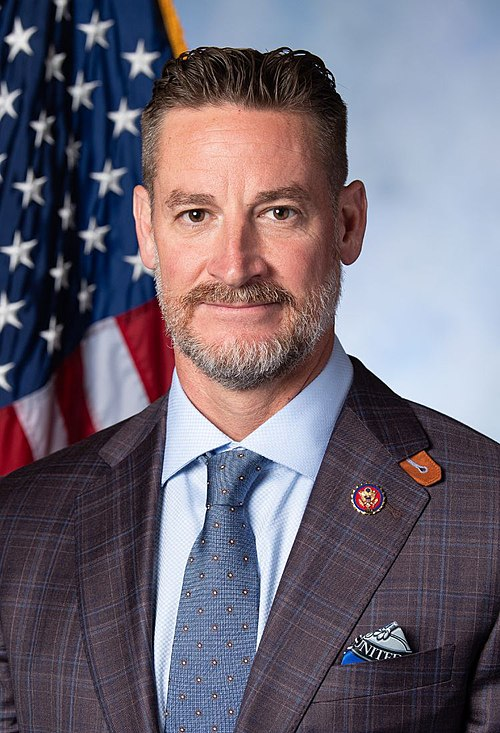
Sponsor
-
TrackAaron Bean
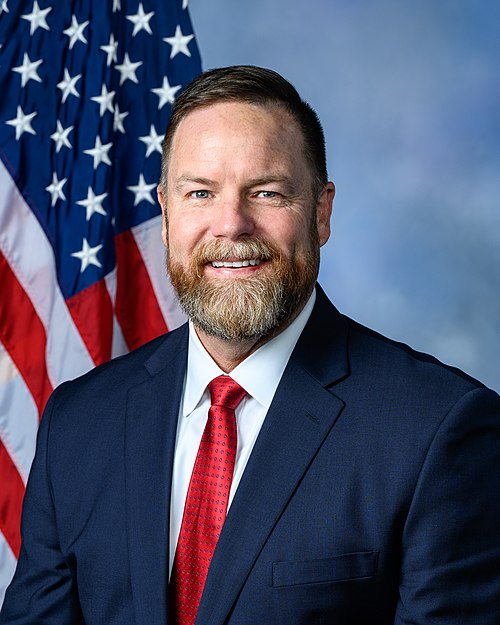
Co-Sponsor
-
TrackGus M. Bilirakis

Co-Sponsor
-
TrackVern Buchanan
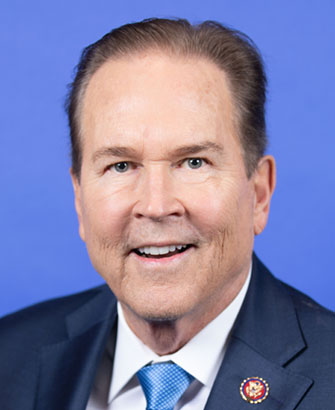
Co-Sponsor
-
TrackKat Cammack
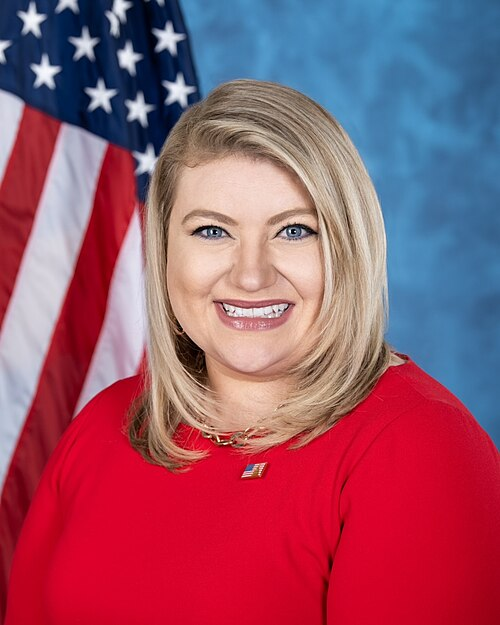
Co-Sponsor
-
TrackByron Donalds

Co-Sponsor
-
TrackNeal P. Dunn
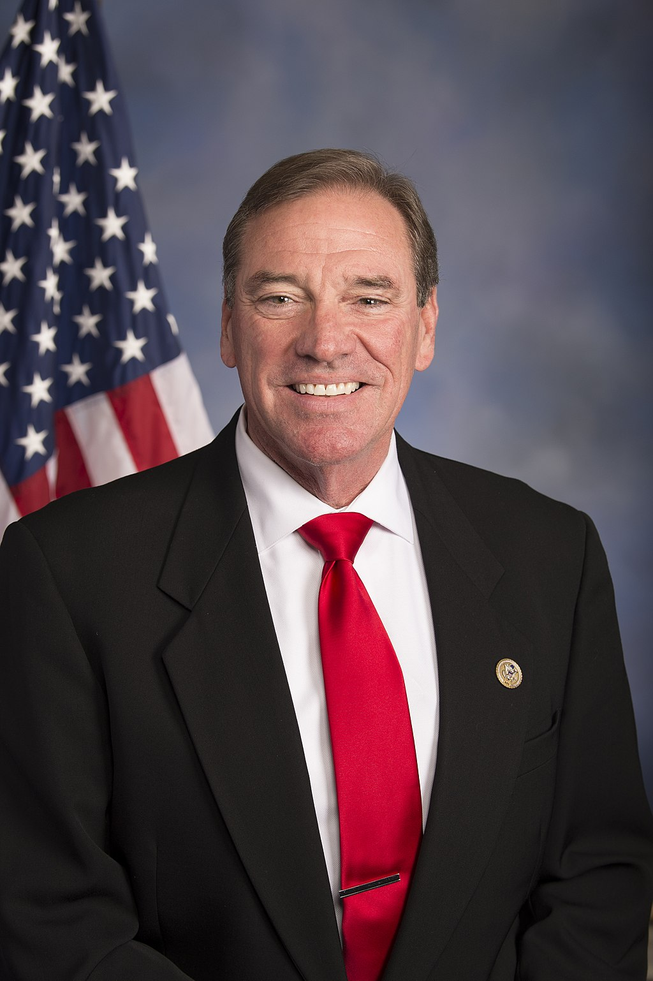
Co-Sponsor
-
TrackChuck Edwards
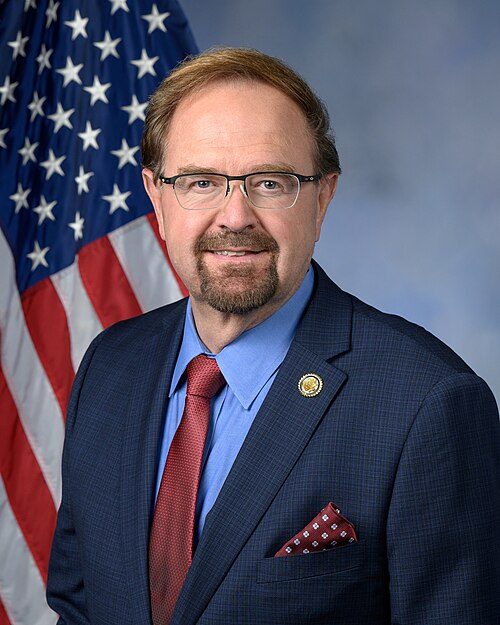
Co-Sponsor
-
TrackMike Ezell
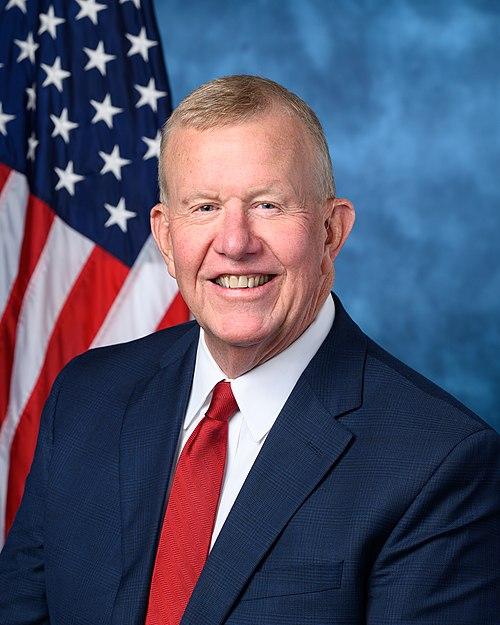
Co-Sponsor
-
TrackScott Franklin

Co-Sponsor
-
TrackCarlos A. Gimenez

Co-Sponsor
-
TrackMichael Guest
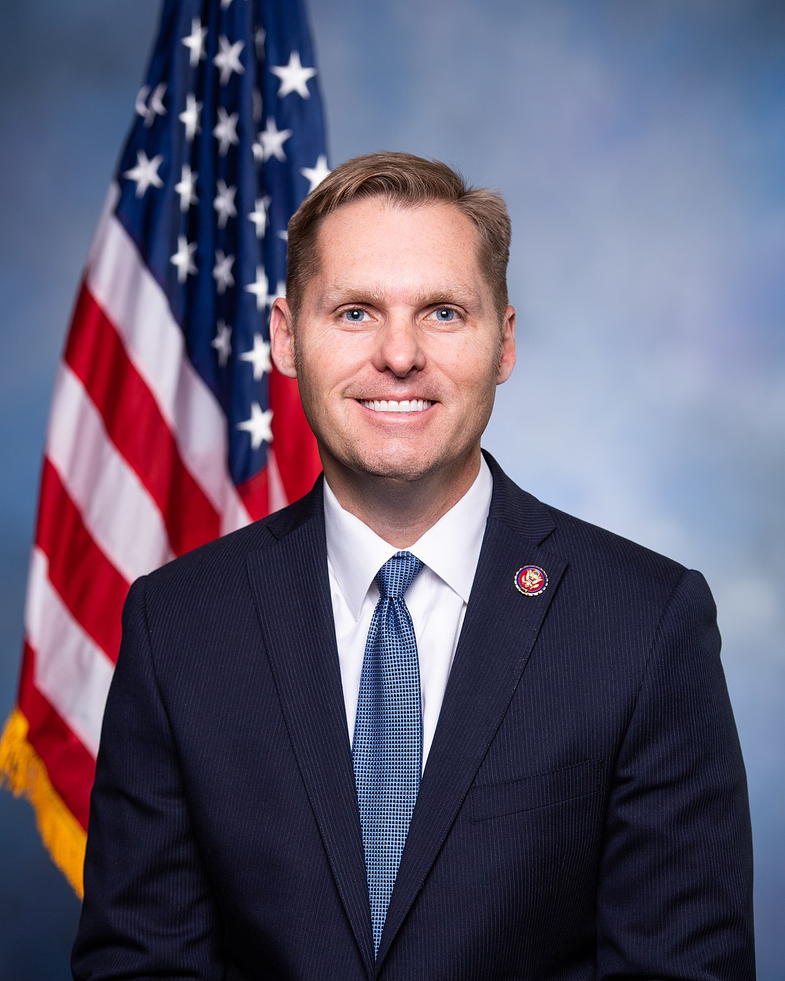
Co-Sponsor
-
TrackMike Haridopolos
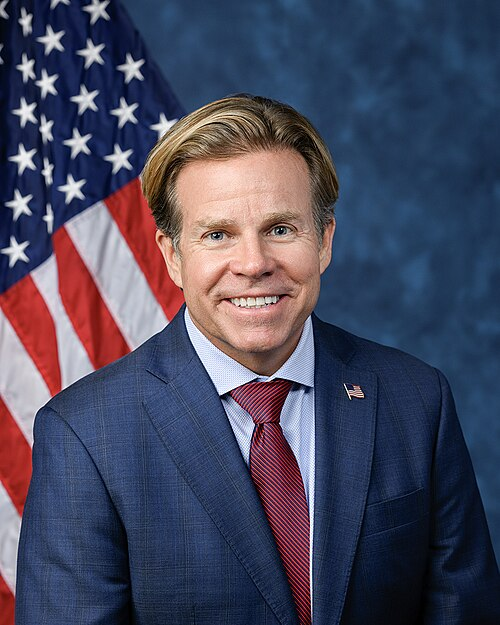
Co-Sponsor
-
TrackTrent Kelly
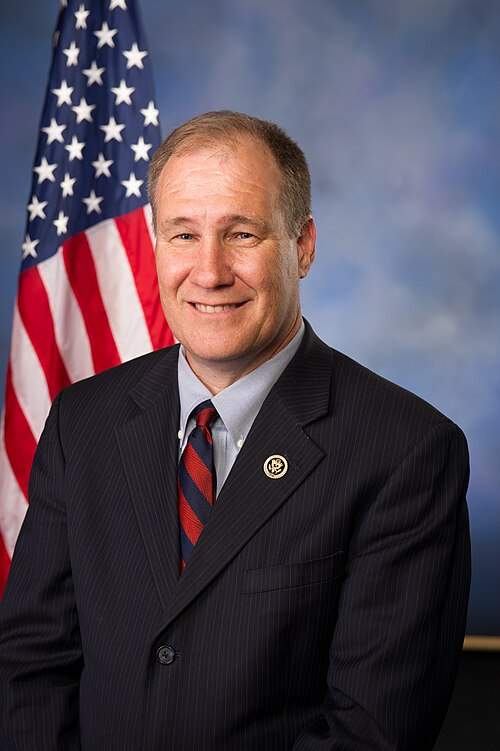
Co-Sponsor
-
TrackCory Mills
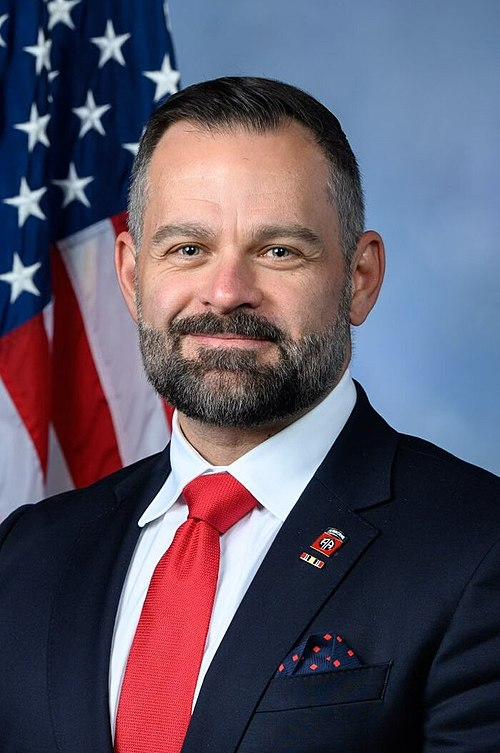
Co-Sponsor
-
TrackJared Moskowitz

Co-Sponsor
-
TrackJohn H. Rutherford
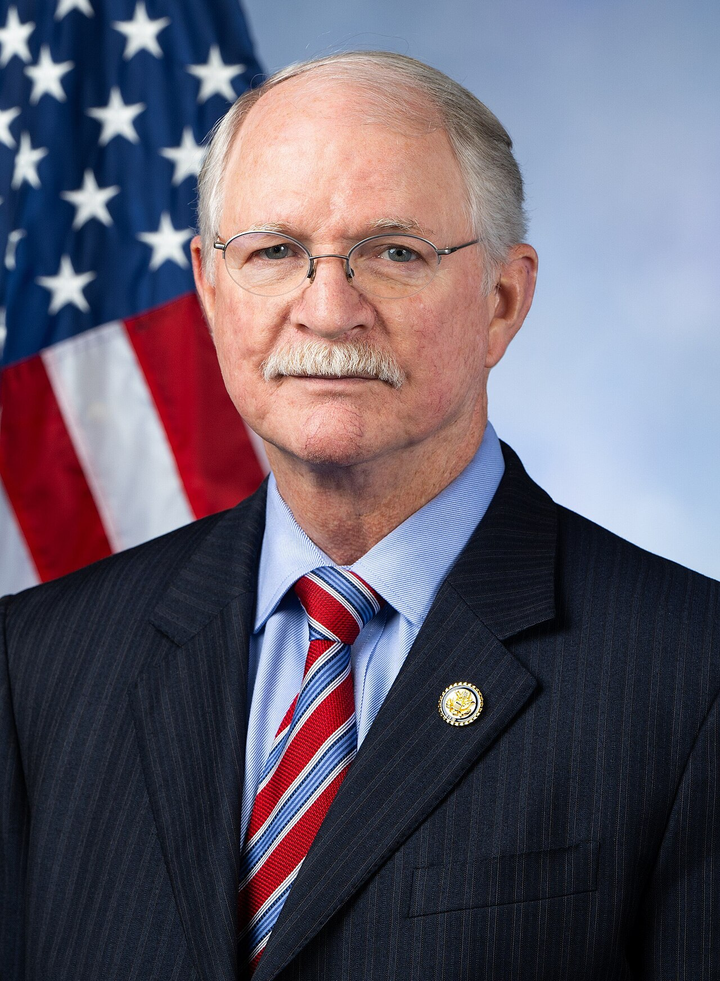
Co-Sponsor
-
TrackDarren Soto
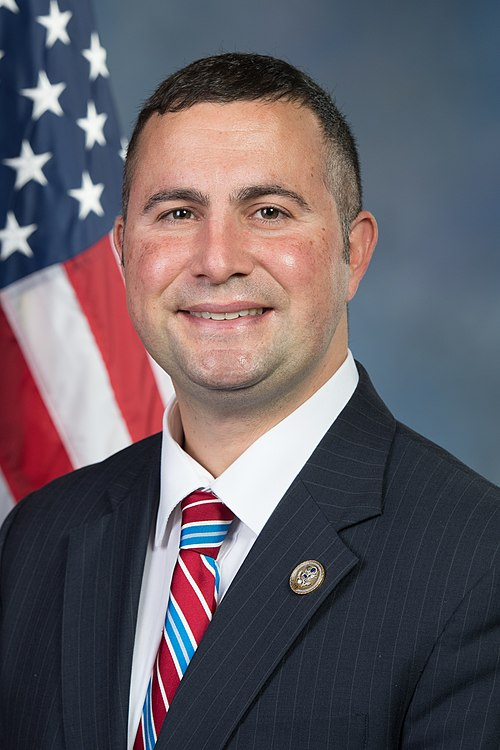
Co-Sponsor
-
TrackEugene Vindman
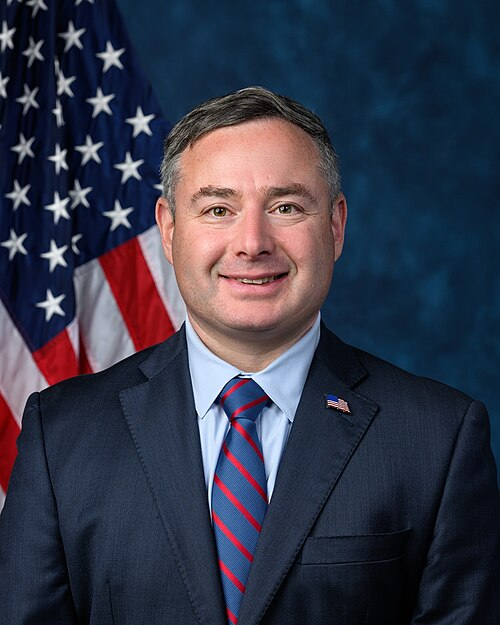
Co-Sponsor
-
TrackDebbie Wasserman Schultz
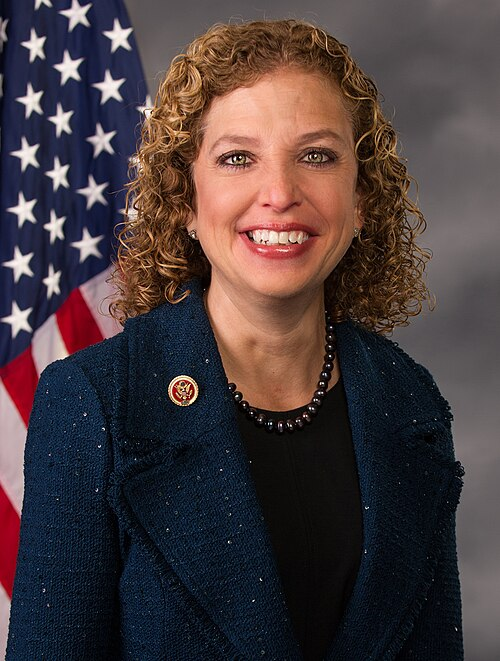
Co-Sponsor
-
Tracknan

Co-Sponsor
Actions
2 actions
| Date | Action |
|---|---|
| Aug. 15, 2025 | Introduced in House |
| Aug. 15, 2025 | Referred to the House Committee on Ways and Means. |
Corporate Lobbying
0 companies lobbying
None found.
* Note that there can be significant delays in lobbying disclosures, and our data may be incomplete.
Potentially Relevant Congressional Stock Trades
No relevant congressional stock trades found.